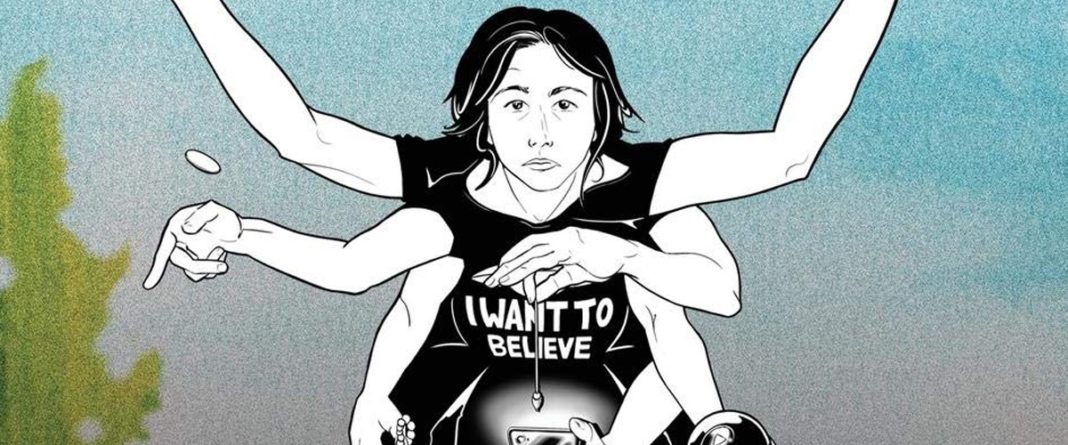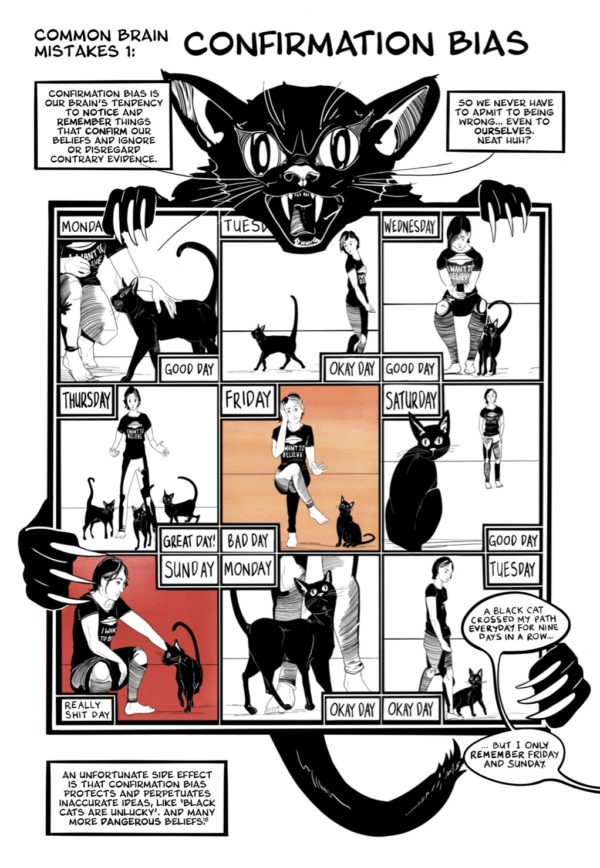
By Rebecca Fox
Hypatia Press
More than a decade ago as a staff reporter on a daily newspaper, I realized that the method by which you gather information and report the news was a good one to apply to all aspects of your life. Done correctly, without shortcuts that cause you to miss facts and with the idea that you go where the evidence leads you, rather than ending up where you steer the evidence, it was a way to clearly disseminate — at least to the best of human ability — what was actually going on. And sometimes, what you thought was happening, what spurred you to follow a story, turned out to be not what you thought it was, and that’s the hardest part of getting at the truth — accepting that your original idea was wrong and letting the facts be the standard of what you believe is the truth of the matter.
Rebecca Fox had a similar revelation and she put down her ideas and process in How To be Reasonable: By Someone Who Tried Everything Else. Originally released at the end of 2017, it seemed to me that this little-known comic deserved another look during the summer of 2019, a time where it feels like the country has reached peak unreasonableness. I’m sure it hasn’t. I’m sure there’s plenty more unreasonableness to come and that there’s actually no peak possible, but I can let some hopefulness accidentally slip through every now and then, right?
Fox acknowledges that we all start out on the same page, with a mix of influences that include beliefs that may not be grounded in provable reality, and between us these influences may not all be compatible from person-to-person. But make no mistake, everyone of us has some form of them affecting us, and Fox starts with pointing out a few of them, ranging from our views on vaccines to our attitude about Slenderman.
The less a belief is based in reason and developed from evidence, the more the belief has the potential to do harm, Fox posits — financial, emotional, health, political. The idea is that the more beliefs not based in reason accrue in your life, the less your mind is trained to require logic and evidence in your decisionmaking and the higher your potential for self-harm.
It’s this kind of realization that led Fox to look at herself and seek a way to examine her own beliefs — scientific skepticism as a process of thought and a way of living your life, a way of shielding yourself from the inevitable confusion born of, as Fox puts it, “the torrent of stuff and nonsense.” More than dark matter, atoms, qi, or the spirit of Jesus, it’s stuff and nonsense that seems to make up the universe.
I’d say the key thing that Fox points out in How To Be Reasonable, the central idea to what she lays out in this comic, is one of what she calls “the six principles” — humility. It’s really the instigator of the other five — curiosity, questioning, introspection, extrospection, and action — because it requires the removal of ego, of shame, it wrests on the ability to admit being wrong or not knowing everything. It is the exact opposite of, say, Donald Trump. It is crucial to navigating the universe in a healthy and benign manner.
Under the advice of “don’t believe everything you think,” Fox leads the reader through concepts like confirmation bias and how probability works, but most importantly, she walks the reader through processes that help with the self-examining type of thinking she is advocating for. She’s not just delivering a tirade about what she thinks you should be doing, but offering you the same tools that she has found to use for her own attempts to self-correct her brain.
In How To Be Reasonable Fox succeeds at delivering a lot of dry concepts in a personal way though her cartooning. She puts herself at the center and isn’t afraid of appearing fallible, which helps with the typical pitfall of these kinds of work where the fear is that the author is trying to appear superior to the audience. I wouldn’t say that’s the case at all here, driven home by Fox’s friendly, colloquial tone matched with her cartooning, which mixes straightforward delivery with some wild and absurd moments of concept visualization that bounce off each other nicely.
At a time when so many battles have become clashes of beliefs rather factual methods of dealing with problems, any manner in which this message can get out there is a valuable one. How To Be Reasonable is especially appropriate for teenagers as they navigate a time of life where it’s important their passion and energy are matched by their reliance on actual evidence. There are forces on all points of the political spectrum that rely on emotional manipulation designed to wrap political action within ideology, which makes works like How To Be Reasonable crucial.










